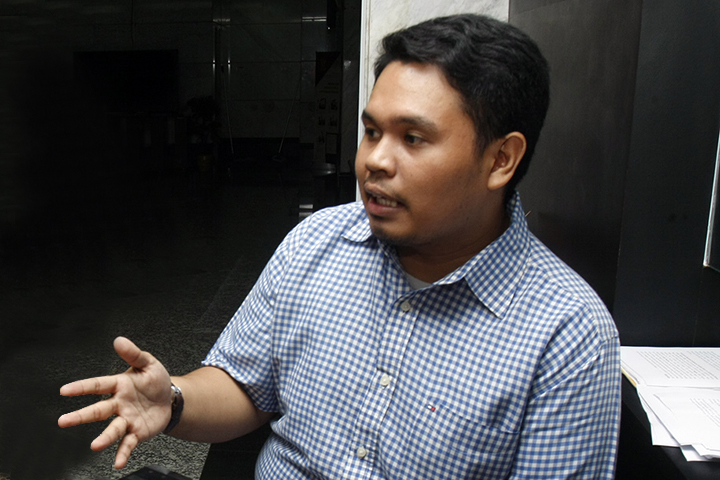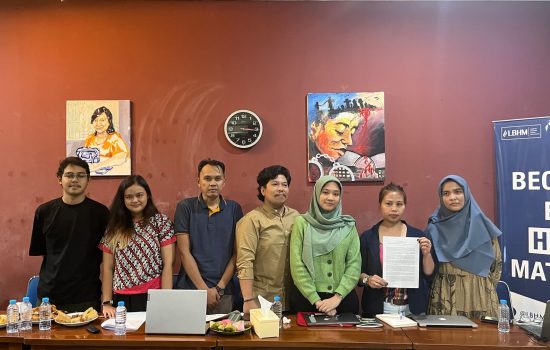The Government and The Drafting Team from House of Representatives Agreed Upon the Legality of Living Law in The New Bill of Penal Code, ICJR: The Government Should Fulfill the Main Purpose of The New Penal Code Is to Unify the Criminal Law
The new penal code has entered into its final phase and will be ratified soon. The Bill was cosigned by the Government and The Drafting Team from House of Representatives from the 15th to 17th of January 2018 in Jakarta. There were several articles that have been agreed to since the cosigning was initially postponed. One of them is regarding the living law/adat law, stated in Article 2 of the new penal code as follows:
Article 2
(1) The provision under article 1 section (1) does not decrease the applicability of the living law in the society which determines that a person is suspected of committing a crime despite it not being regulated in the existing law;
(2) The living law under article (1) only applies if it is in line with the values in the Pancasila, Indonesia’s 1945 Constitution, human rights and general principles of law that are recognized amongst the society and where the law exists.
Monitoring by ICJR suggests that this article contradicts the principle of legality and also creates several problems. One of these problems is that the Government has not yet drafted any living laws that this article refers to. We are afraid that this will result in overcriminalization by law enforcement. With the increasing risk of the overcriminalization, there is also a possibility that the law enforcers will arbitrarily apply this article.
In addition, there is also an issue regarding the Local Government regulations of the regions that still have adat criminal law. Existing adat law will be potentially inconsistent with the new penal code. This shows that the new penal code will in fact not unify every criminal law, despite the arguments made by the Government. This creates complexity in the field, especially for law enforcement, as there will be no legal certainty in the criminal law articles. Lastly, in relation to adat sanctions, which are the fulfillment of adat obligations, it is feared that the sanctions will not be in accordance with the categorization of punishments that have been made by the Government and House of Representatives.
With all these arguments above, ICJR pushes the Government and the House of Representative to act in accordance with the original purpose of new penal code – to unify the criminal law through the codification. Thus, ICJR argues that the regulation regarding the living law / adat law shall be abolished, considering that there is no compilation of living law/adat law that regulates which adat law can be categorized as the living law/adat law. We hope that in the future, there will not be multiple possible interpretations of the law that law enforcement may use to prosecute a person.
Lastly, if the Government and the House of Representatives insist on accommodating the living law into the penal code, ICJR suggests that the regulation shall not become the main punishment but an alternative punishment. Otherwise, the living law will be used as a reason to eradicate criminal liability and prevent prosecution. In addition, the Government and the House of Representatives shall complete the procedural law to connect the adat criminal law and the national criminal law and the national criminal justice system.
Institute for Criminal Justice Reform


![[Perkembangan Kasus] Kasus Pencurian Tiga Tandan Buah Sawit: Kritik untuk Jaksa yang Tak Kesampingkan Perkara Tindak Pidana dengan Pelaku yang Kurang Mampu](https://icjr.or.id/wp-content/uploads/elementor/thumbs/girl-1149933_1920-r4isikvu1qhdvlu0312qe8sze1nr4mxdr42cpl43e4.jpg)

